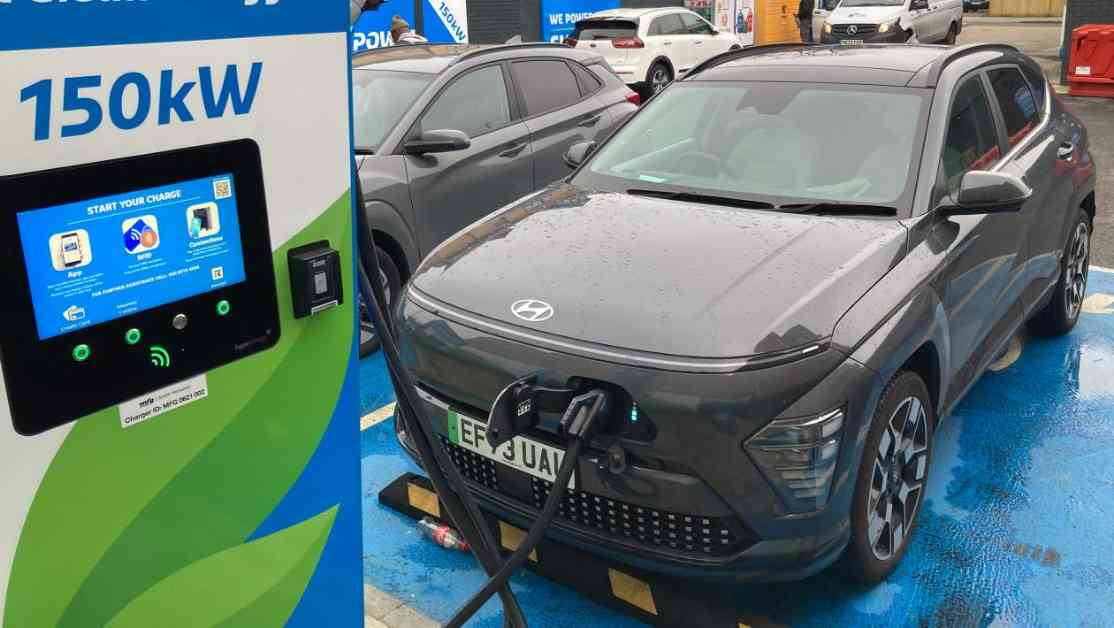The UK car registration figures for May brought some positive news for manufacturers trying to persuade private buyers to switch to electric vehicles. In May, EV sales in the retail sector only decreased by two percent compared to the previous year, while the overall retail sector saw a 12.9 percent drop.
Total registrations for the month slightly exceeded May 2023 figures, showing a 1.7 percent year-on-year increase primarily driven by fleet sector activity. A total of 147,678 new cars were registered in May, marking the highest number for the month since 2021. However, this figure is still 19.6 percent lower than May 2019 registrations before the pandemic.
The Society of Motor Manufacturers and Traders reported a 14 percent increase in fleet registrations and a 9.5 percent rise in business registrations last month. These increases helped offset the decline in private registrations. While petrol and diesel car deliveries decreased, registrations of electrified cars, including plug-in hybrids and other hybrids, saw a rise.
Fully electric cars outperformed the market thanks to continued demand from fleets and businesses. EV registrations increased by 6.2 percent, giving EVs a 17.6 percent market share. However, this performance is still below the trajectory required by the Vehicle Emissions Trading Scheme, which mandates that 22 percent of new vehicles sold this year must be zero-emission.
To drive demand from private buyers, manufacturers are offering significant discounts on electric cars. The Society of Motor Manufacturers and Traders expressed concerns about the sustainability of these discounts, stating that they cannot be maintained indefinitely as they hinder companies’ ability to invest in future technologies. The SMMT is advocating for a temporary 50 percent VAT cut on EV purchases and a reduction in the VAT levy on public charging from 20 to 5 percent.
As the UK prepares for the upcoming general election, the new car market is holding steady due to sustained growth in large fleets, balancing the weakened private retail demand. SMMT chief exec Mike Hawes emphasized that while consumers have access to various new electric models and attractive offers, manufacturers cannot sustain this level of support independently. He called for the next government to facilitate a faster and fairer transition to EVs through incentives rather than penalties.
In addition to the challenges and opportunities in the electric car market, other recent news in the automotive industry includes the Labour Party’s pledge to reinstate the 2030 ICE ban and a potential fuel duty hike, as well as the EU’s threat of imposing tariffs on Chinese electric cars. These developments underscore the evolving landscape of the automotive industry and the importance of government policies in driving sustainable change.









